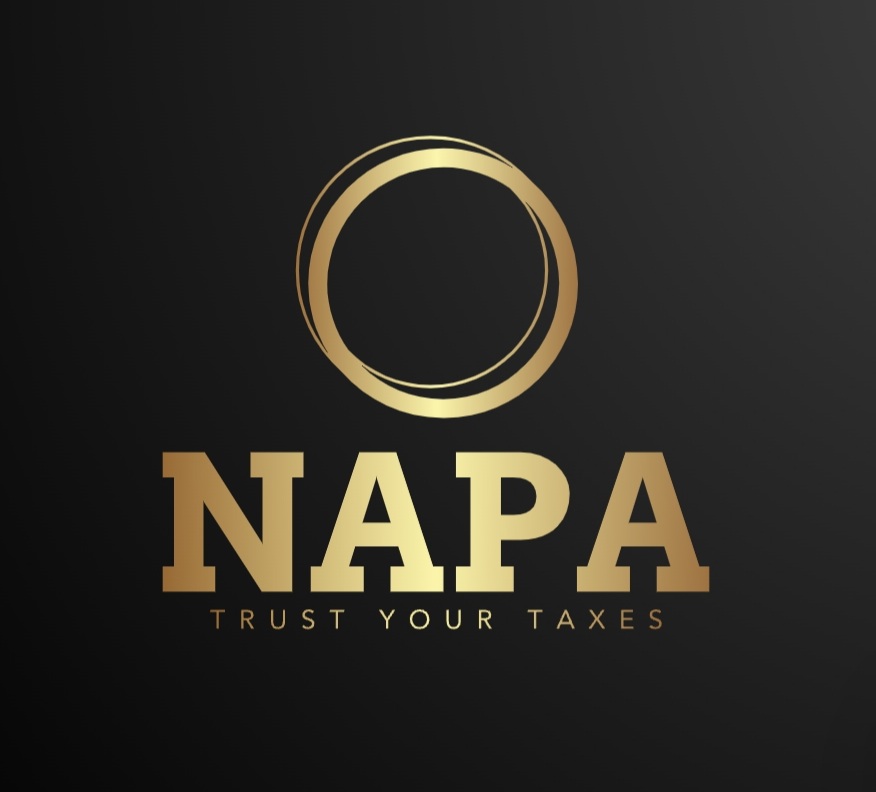Illegal Short-term & Airbnb rentals in Thailand
- Jeremy Gerardi Mazzola

- May 25, 2025
- 3 min read
ILLEGAL Airbnb and SHORT-TERM RENTALS IN THAILAND
The following is not relevant to Thai accounting, but we've had many inquiries into short-term rentals in Thailand, specifically through AirBnB and similar agents.
The quick answer is that it is illegal and the liability is both civil and criminal and rests with the owners.
We understand many people purchased real estate in Thailand in places like Pattaya and Phuket as investment rental properties with the assurance from real estate agents that this was legal.
The short answer is that it is not and the penalties can be severe, especially if you are a foreigner. Amid fines and criminal charges, illegal short-term rentals can result in the revocation of work permits; deportation; and up to a year in prison. The initial fine is 20,000THB and 10,000 THB for each rented day.
Renting your real estate through Airbnb, similar apps, or other agents does not absolve owners of liability. These agents will normally not bear any liability. They usually absolve themselves in boilerplate terms.
Any rental of less than 30 days requires a hotel license. If it is 30 days or more, you still must check if your condo allows subletting.
The aforementioned laws are in The Hotel Act B.E. 2547 and The Condominium Act B.E. 2522 (1979).
Enforcement of these laws has been inconsistent in the past; however, this is no longer the case.
More importantly, the more severe penalties for these violations are now being imposed much more consistently.
COVID made clear the vital role of tourism for Thailand. It was a much bigger chunk of Thai GDP than was previously understood. The government is taking this very seriously.
As a short-term or Airbnb lessor, you are taking the risk based upon the behavior of tenants you've never met and your neighbors reporting you to relevant authorities. One rowdy tenant or annoyed neighbor can result in your imprisonment and lifetime banishment from the kingdom, leaving you with real estate you now must dispose of from abroad.
While it's understood many of you purchased these properties with the understanding that you could make short-term rentals, the laws have been in existence for 20 and 45 years, respectively. Your real estate agent that assured you that this was a solid rental property will bear no responsibility.
This is why I personally recommend using a lawyer for any real estate purchase in Thailand. One lawyer for both parties is dangerous. You should have your own lawyer. It's not expensive to retain a competant lawyer. Call us and we'll refer one to you. Often, foreigners buying condos from other foreigners believe they can execute the sale with an agent or the sellors counsel. Do not do this.
If you do rent your condo for 30 days or more, you still must check with your condo bylaws for subletting. A rental for 30 or more days can exempts you from The Hotel Act, but the Condominium Act may still be in effect.
Any rental for 30 days or more should be done under contract. An agreement by email is insufficient. The contract should be executed and valid under Thai law.
These laws also apply to private homes, townhomes, and townhouses.
If you still wish to engage in this business, there are condos that do have hotel licesnes.
Twenty years ago when I first came to practice in Thailand, certain tourist areas did not enforce the aforementioned laws. That was the old Thailand.
If you have any questions regarding rentals of your real estate, you can contact Napa Business Solutions Co Ltd. or NAPA Insurance, Trusts and Funds at (+1) 917-231-0076 or (+66) 20-427-149 or Whatsapp: NapaBusinessSolutions
_edited.png)


Comments